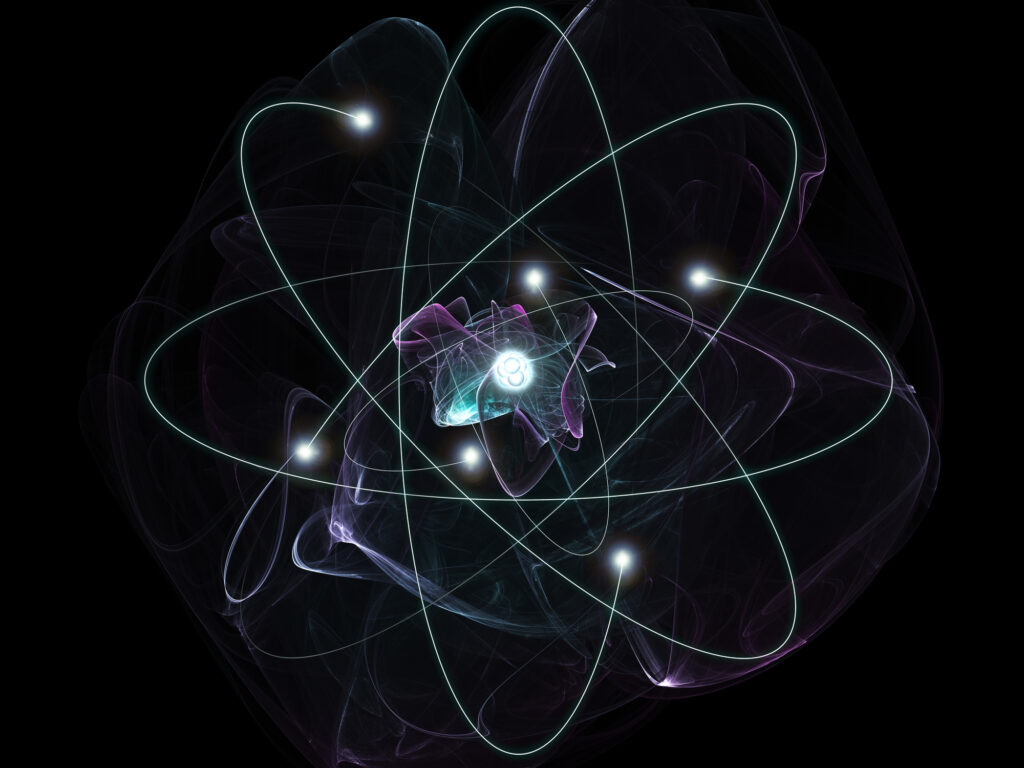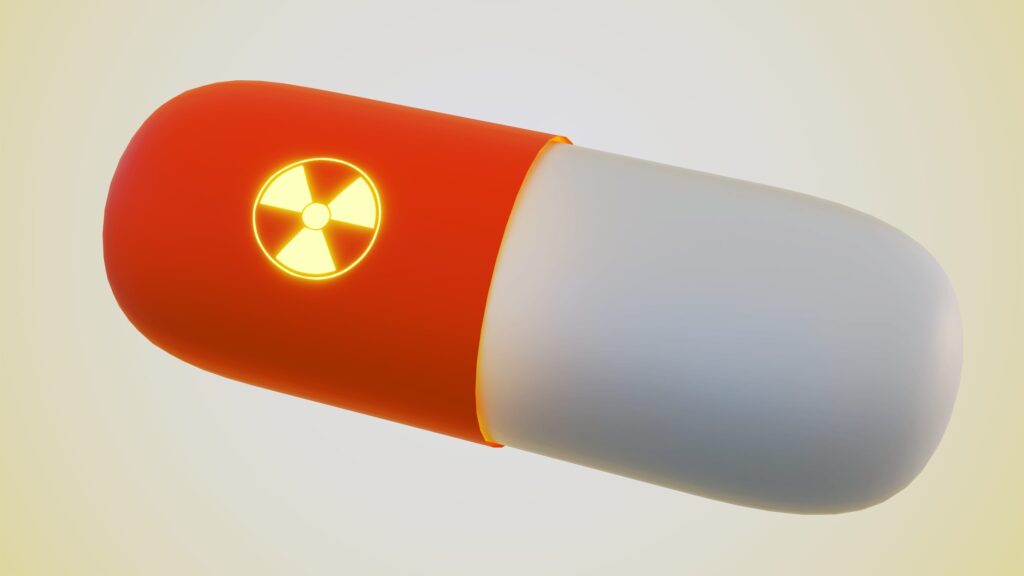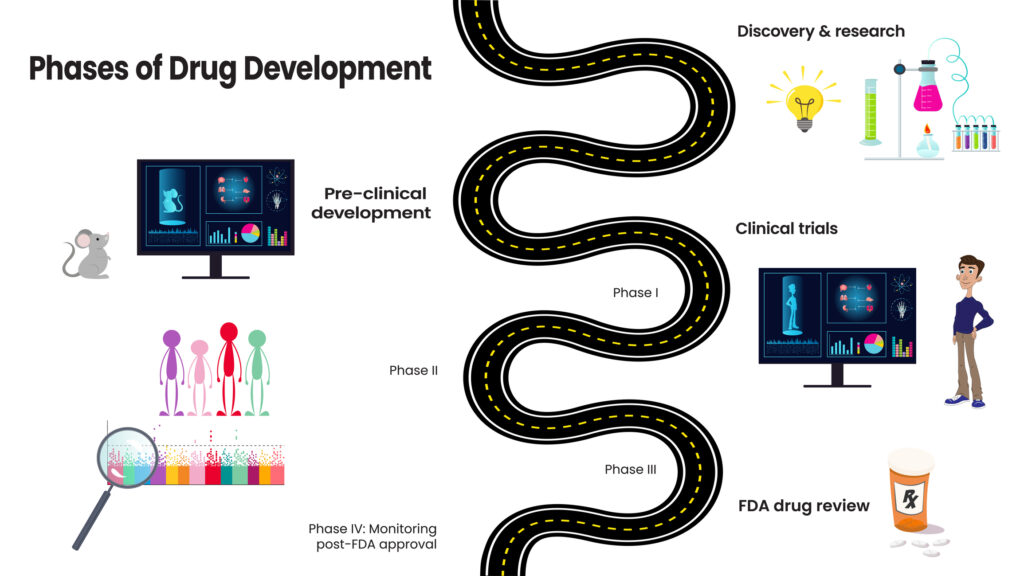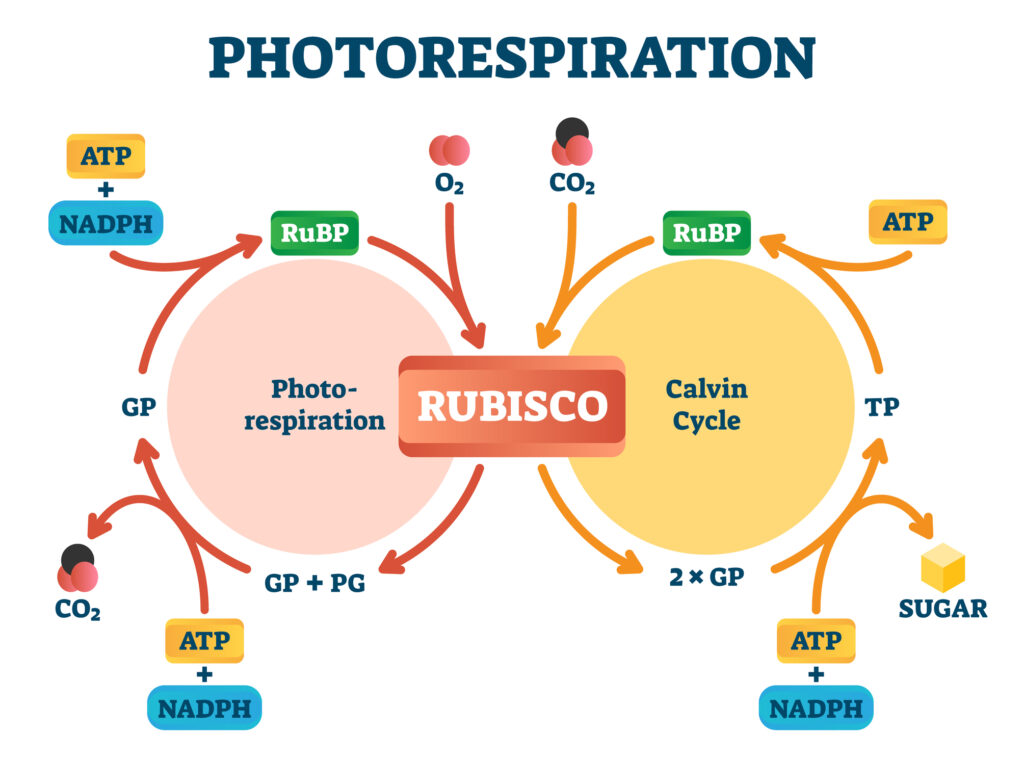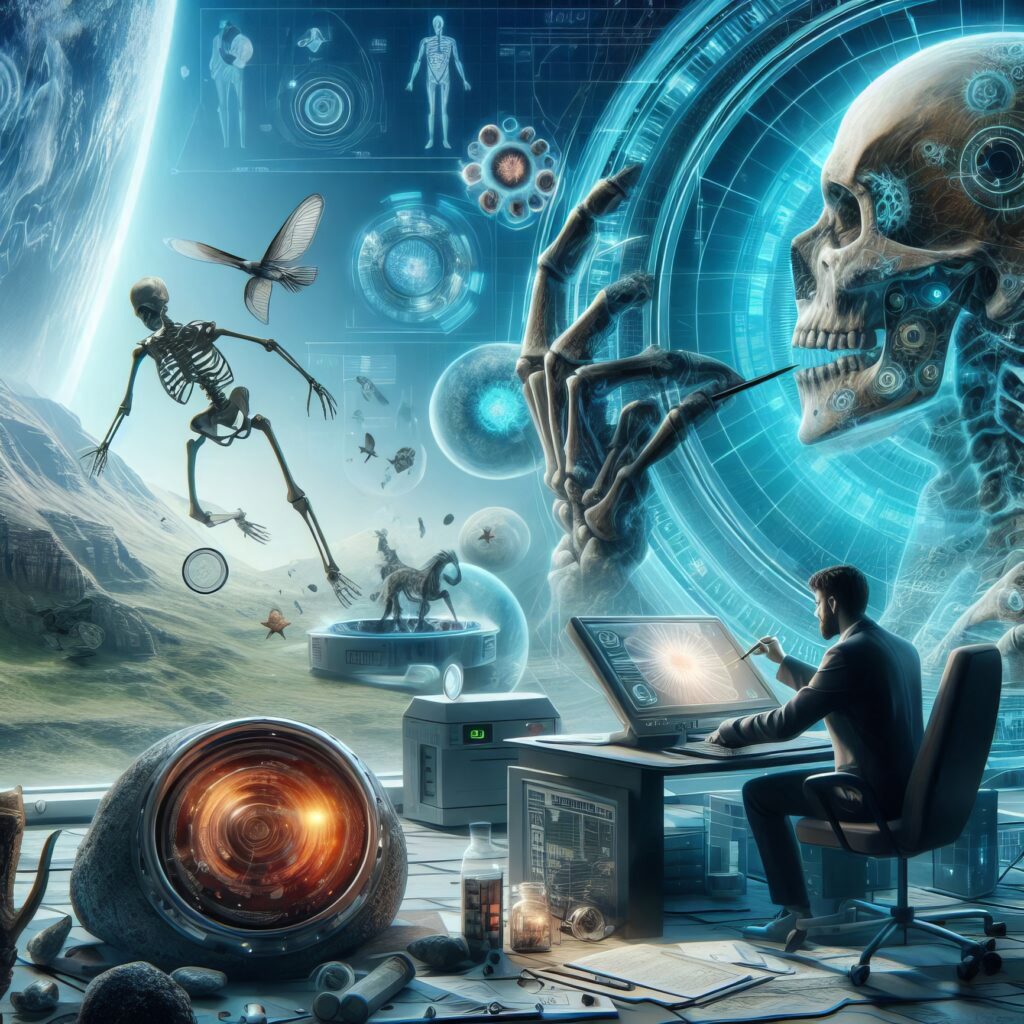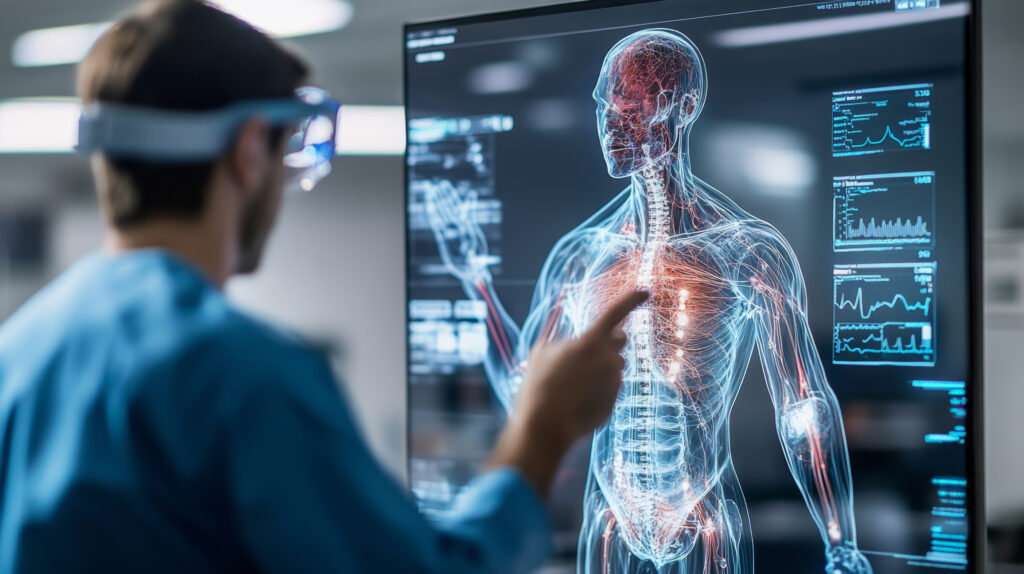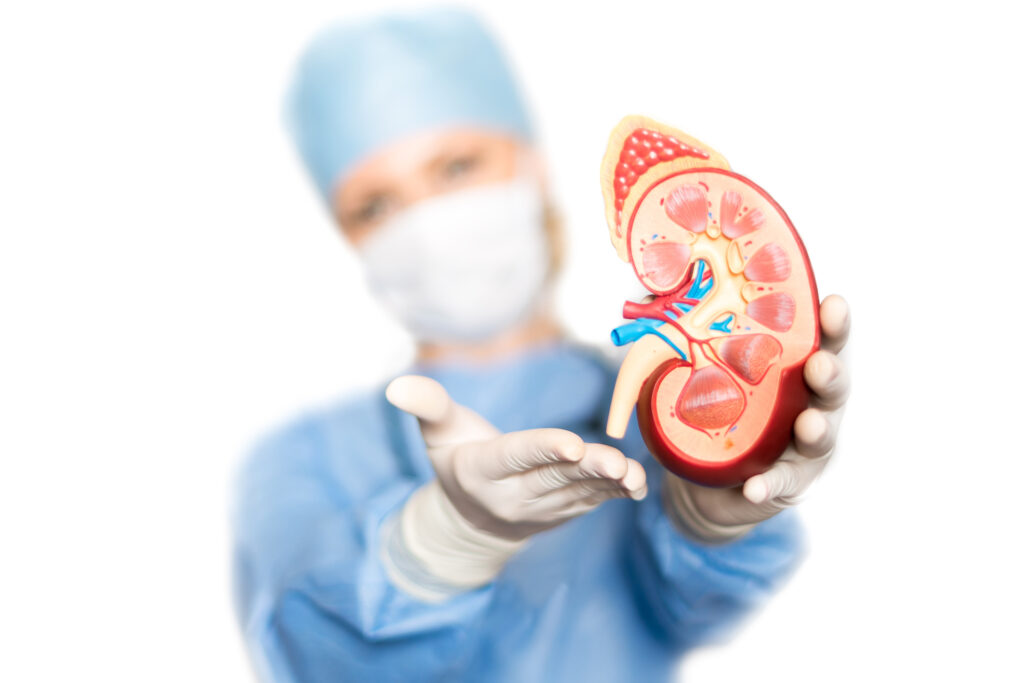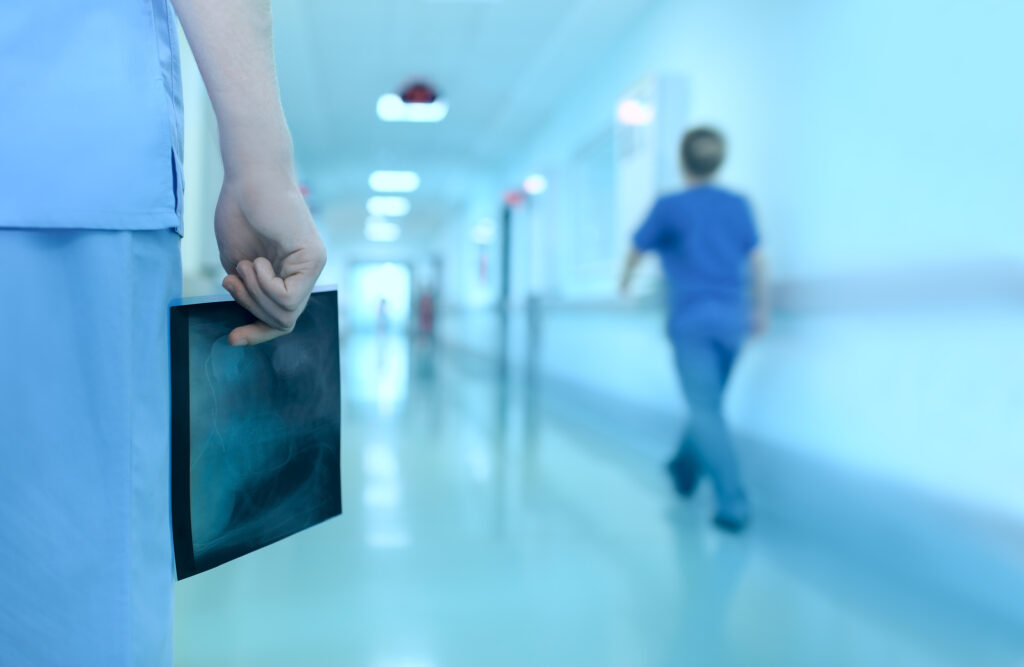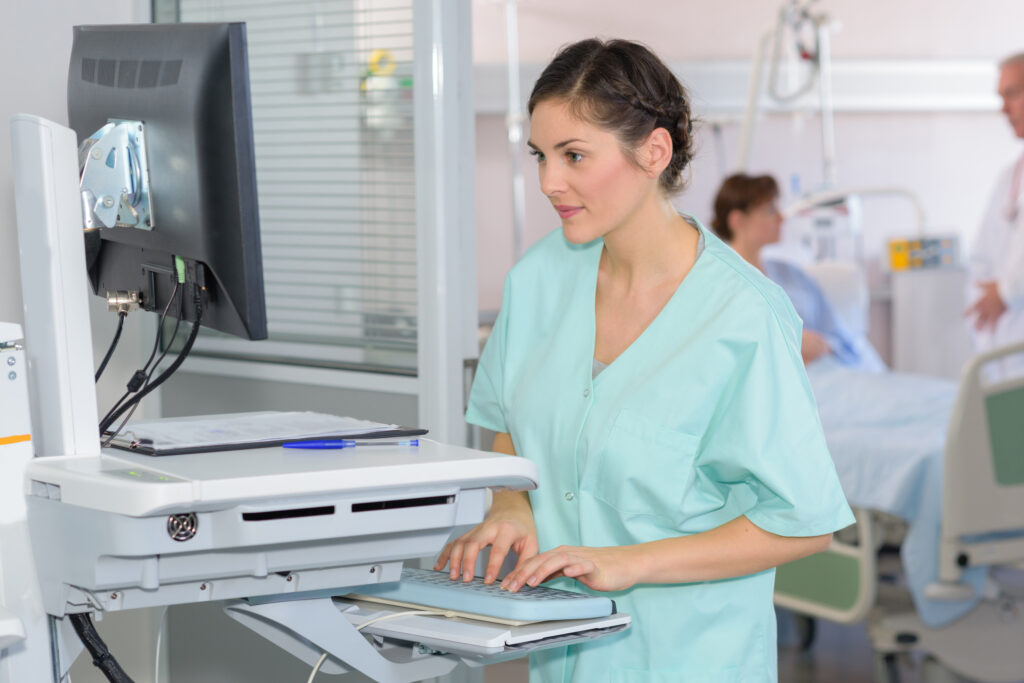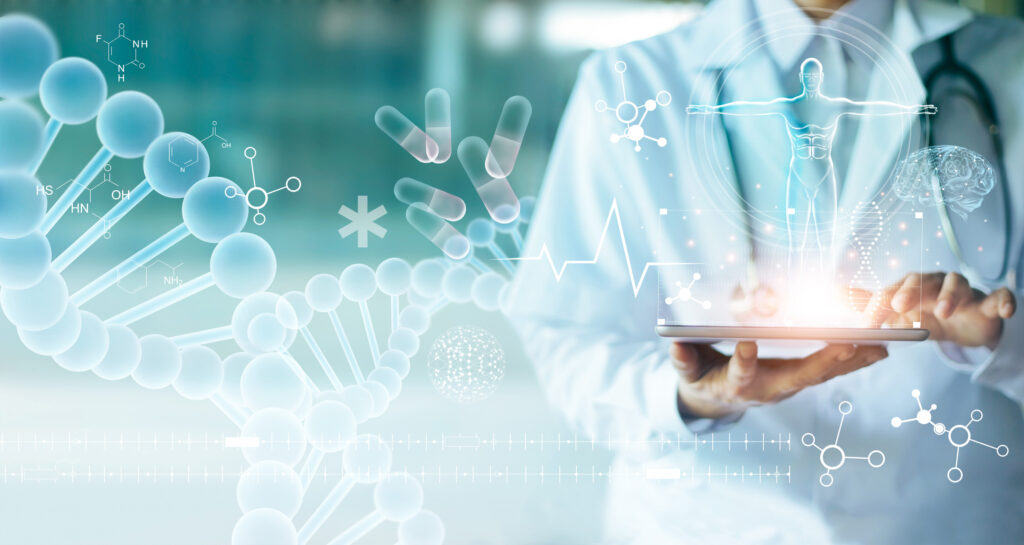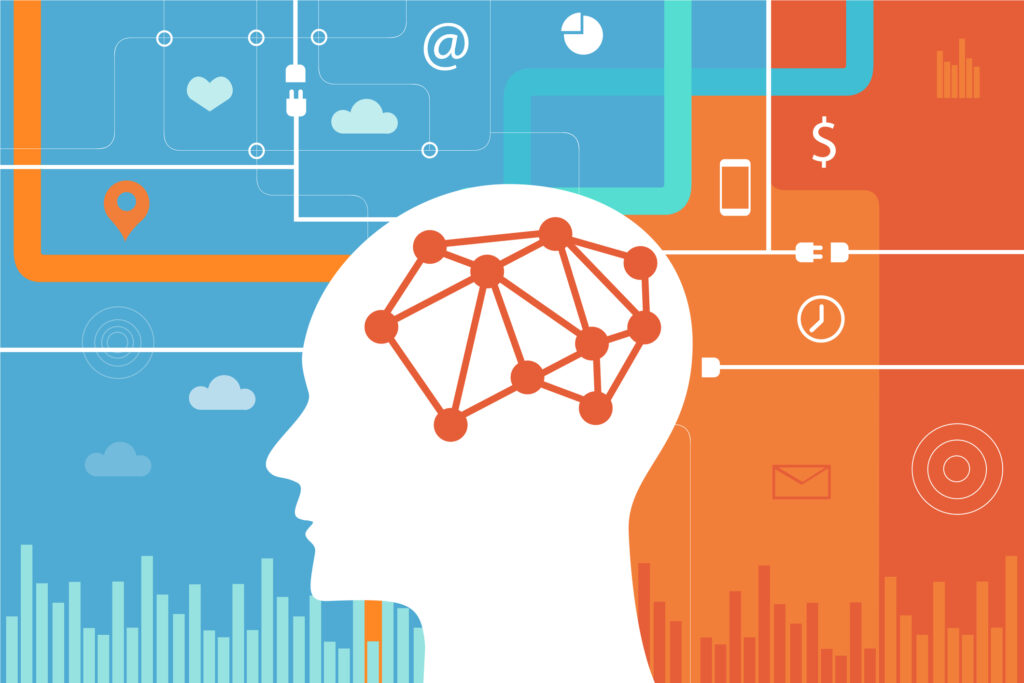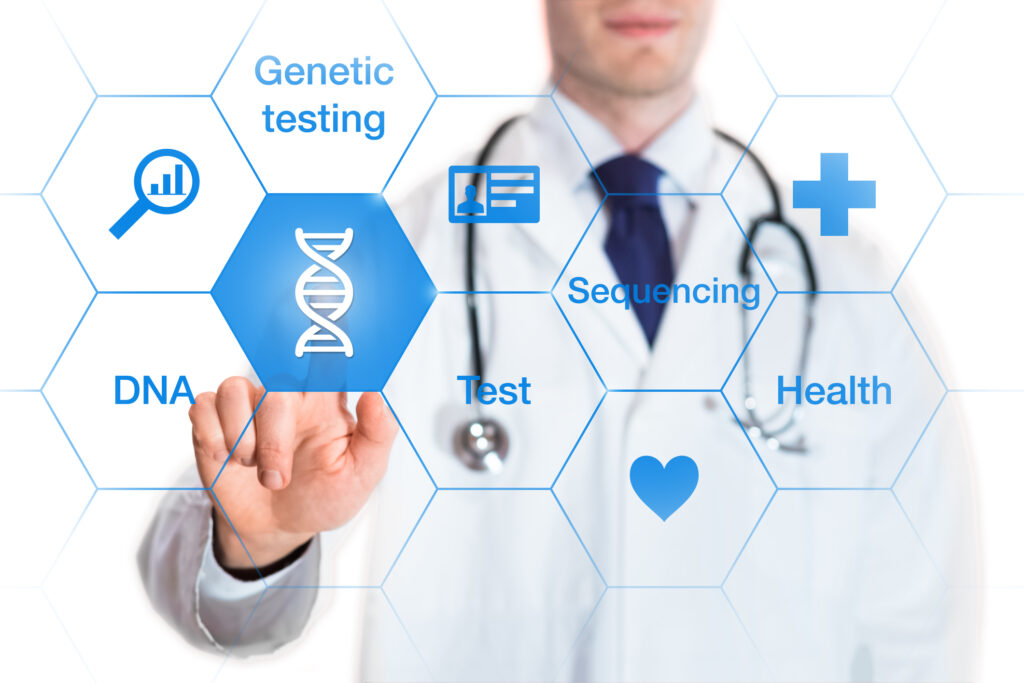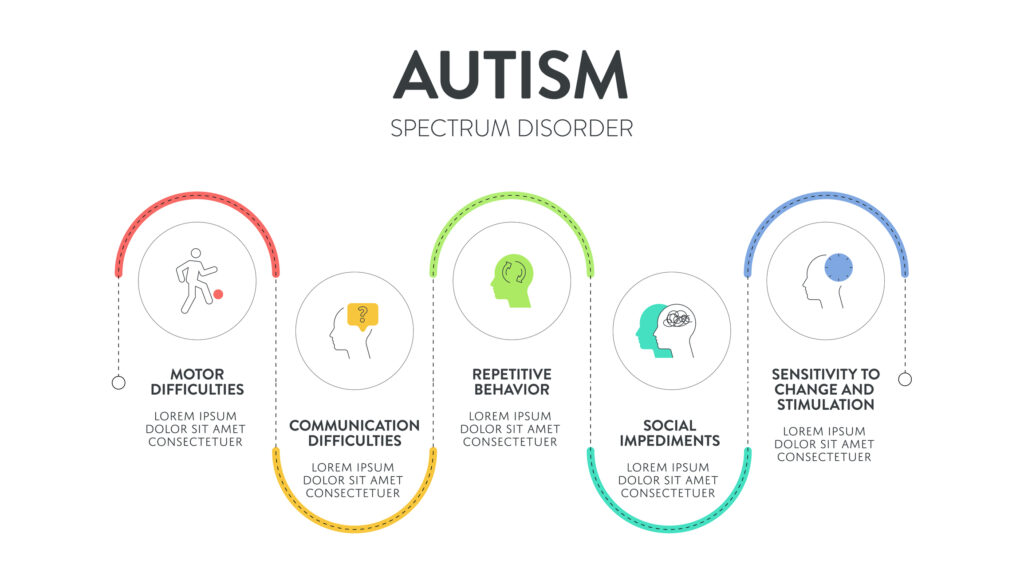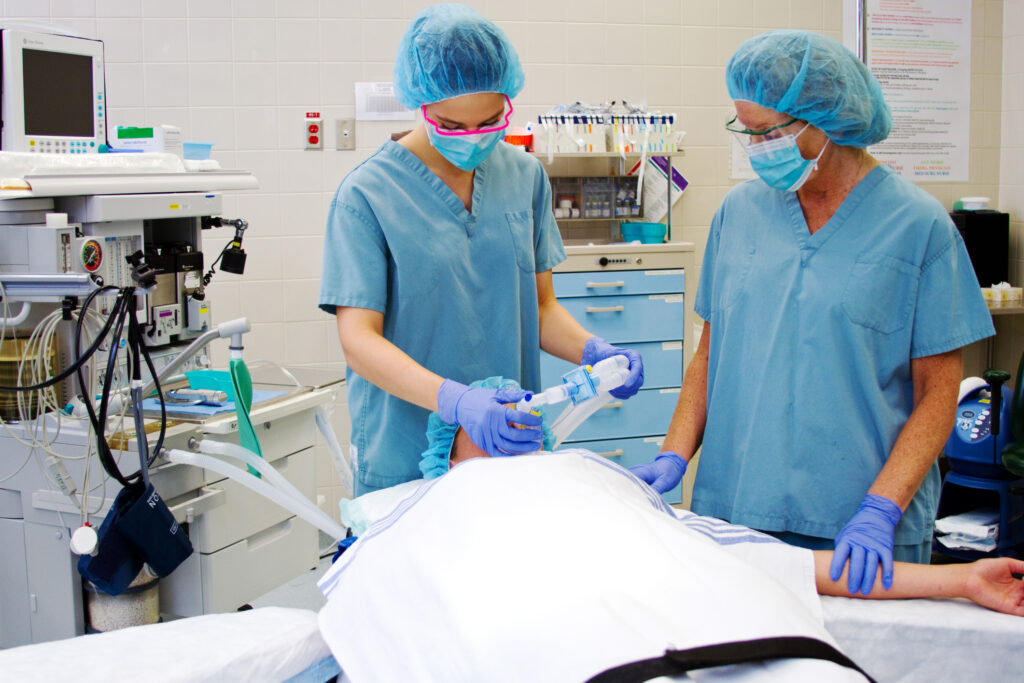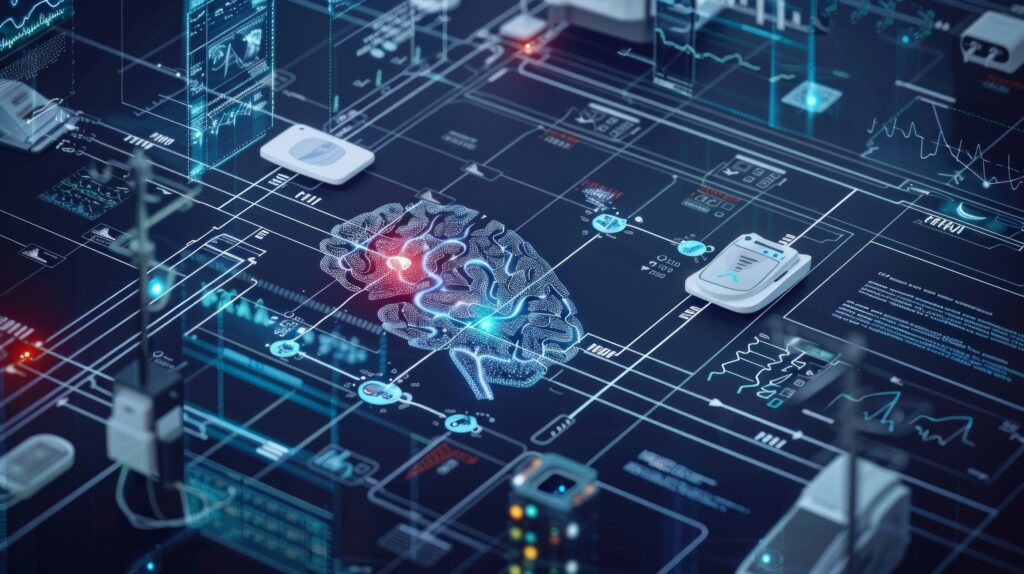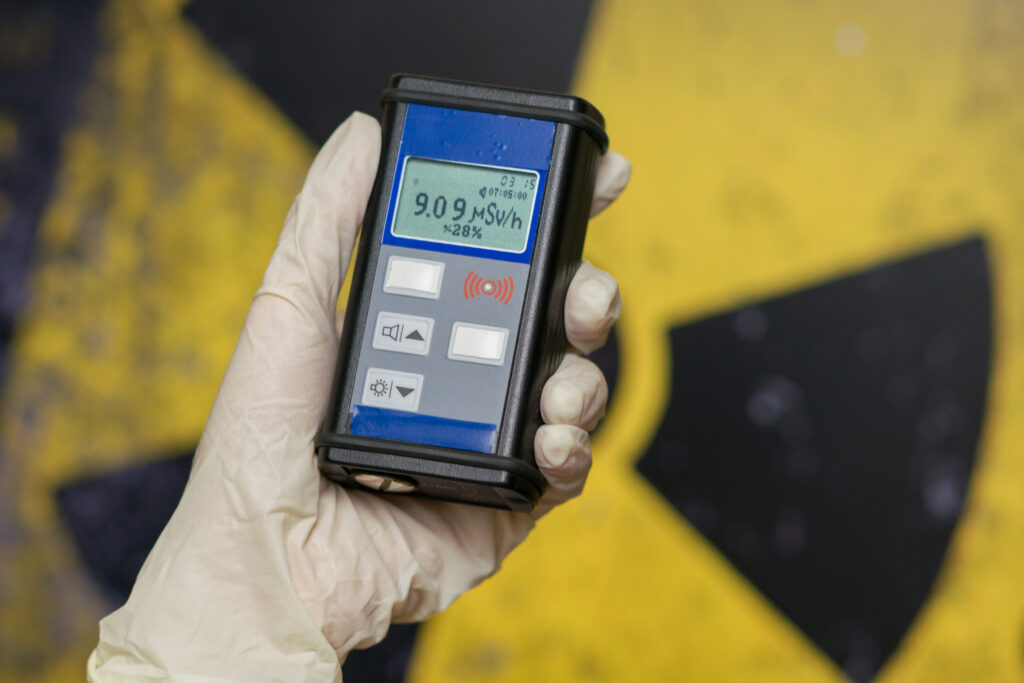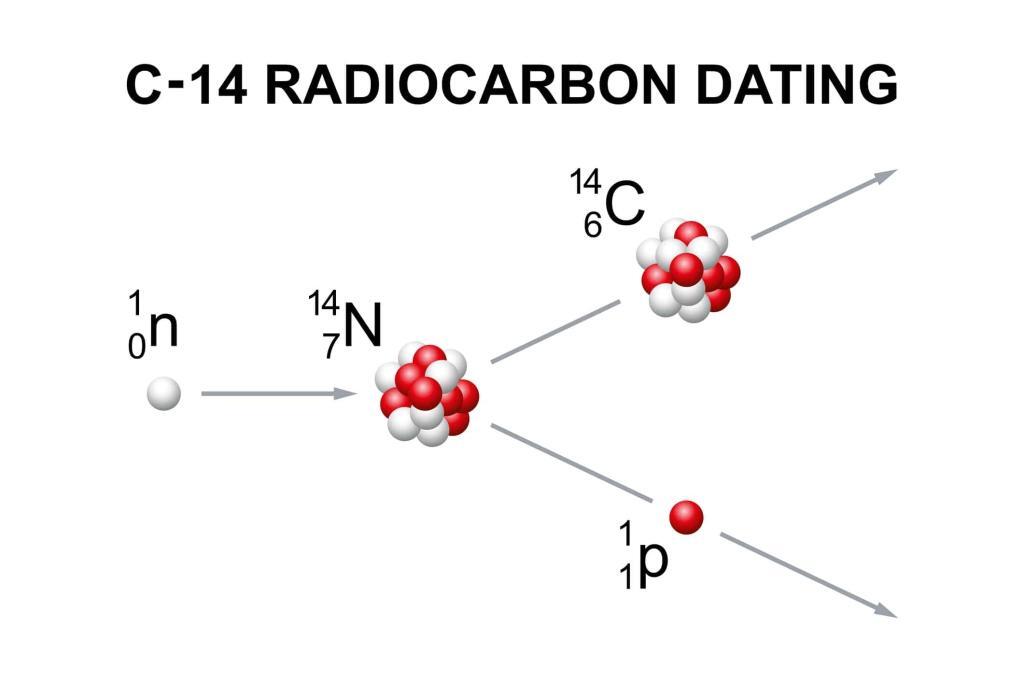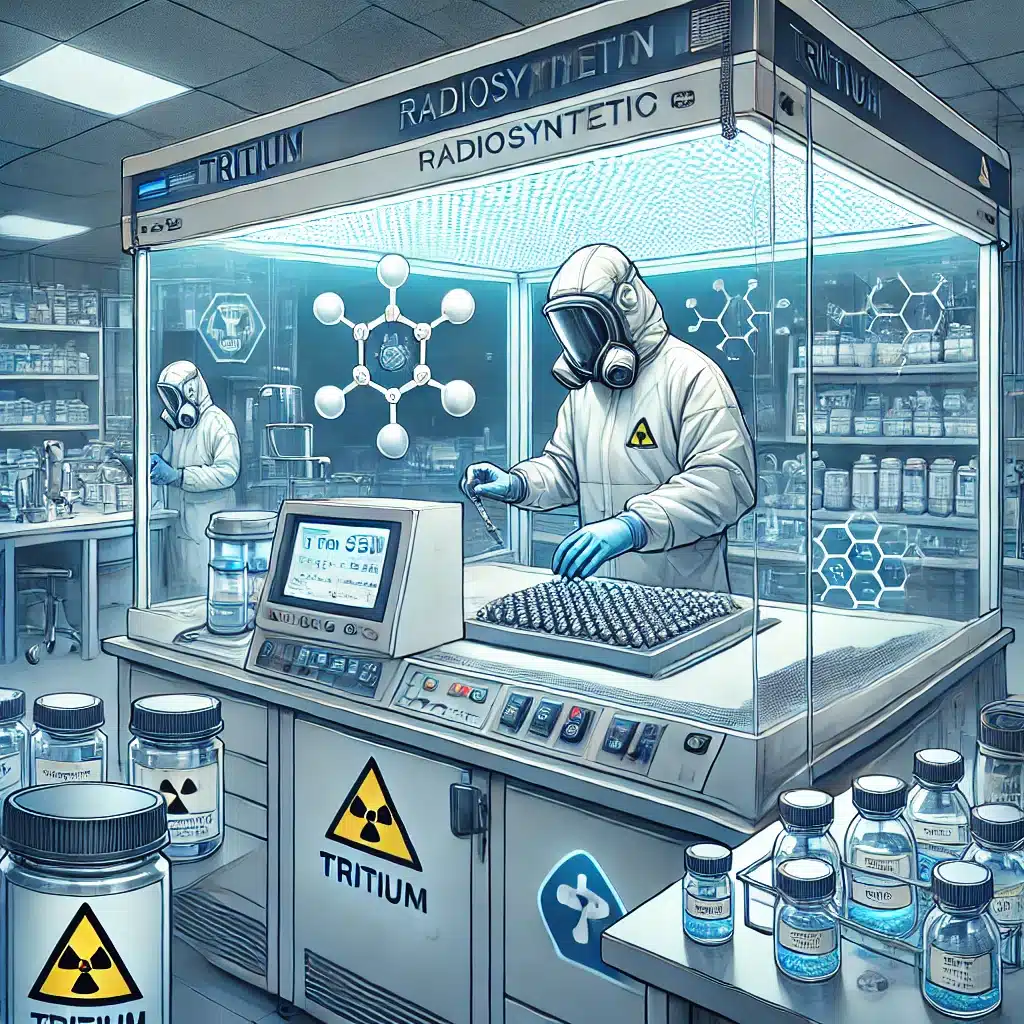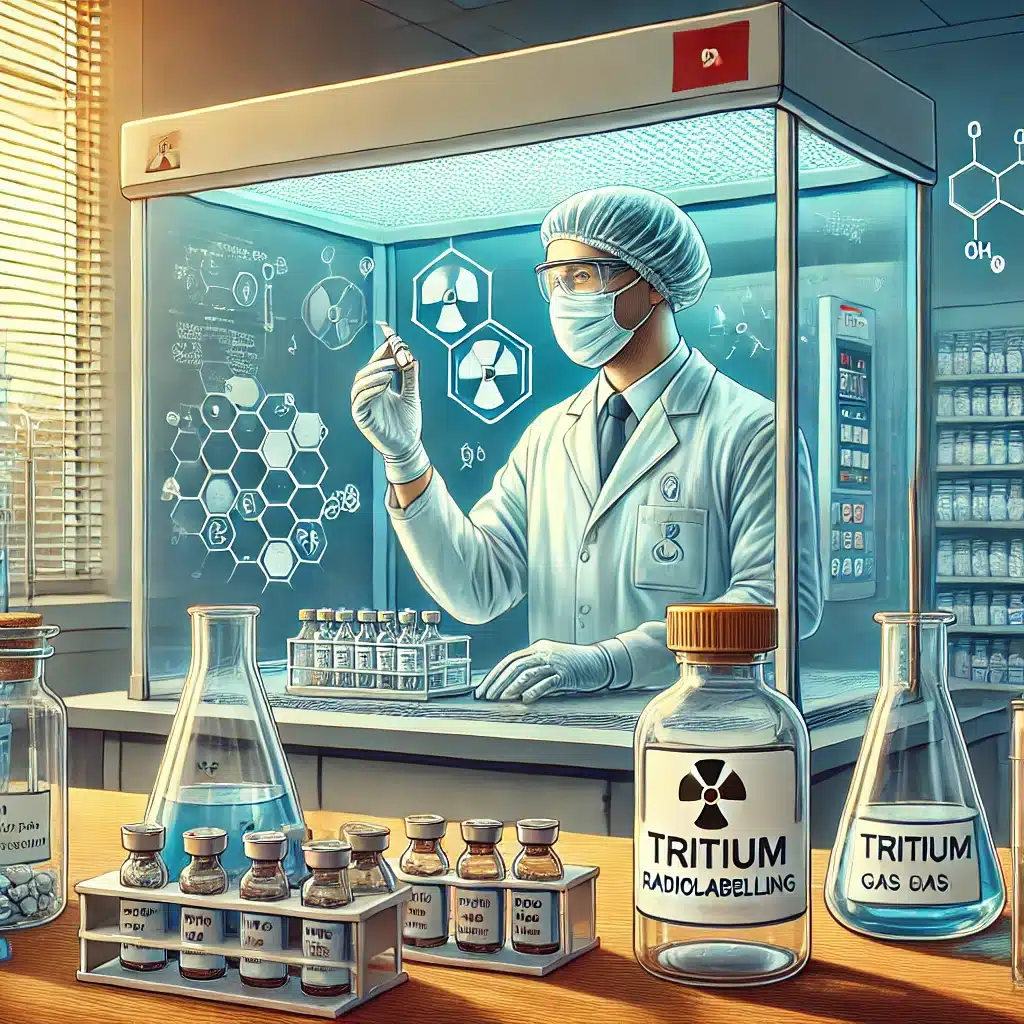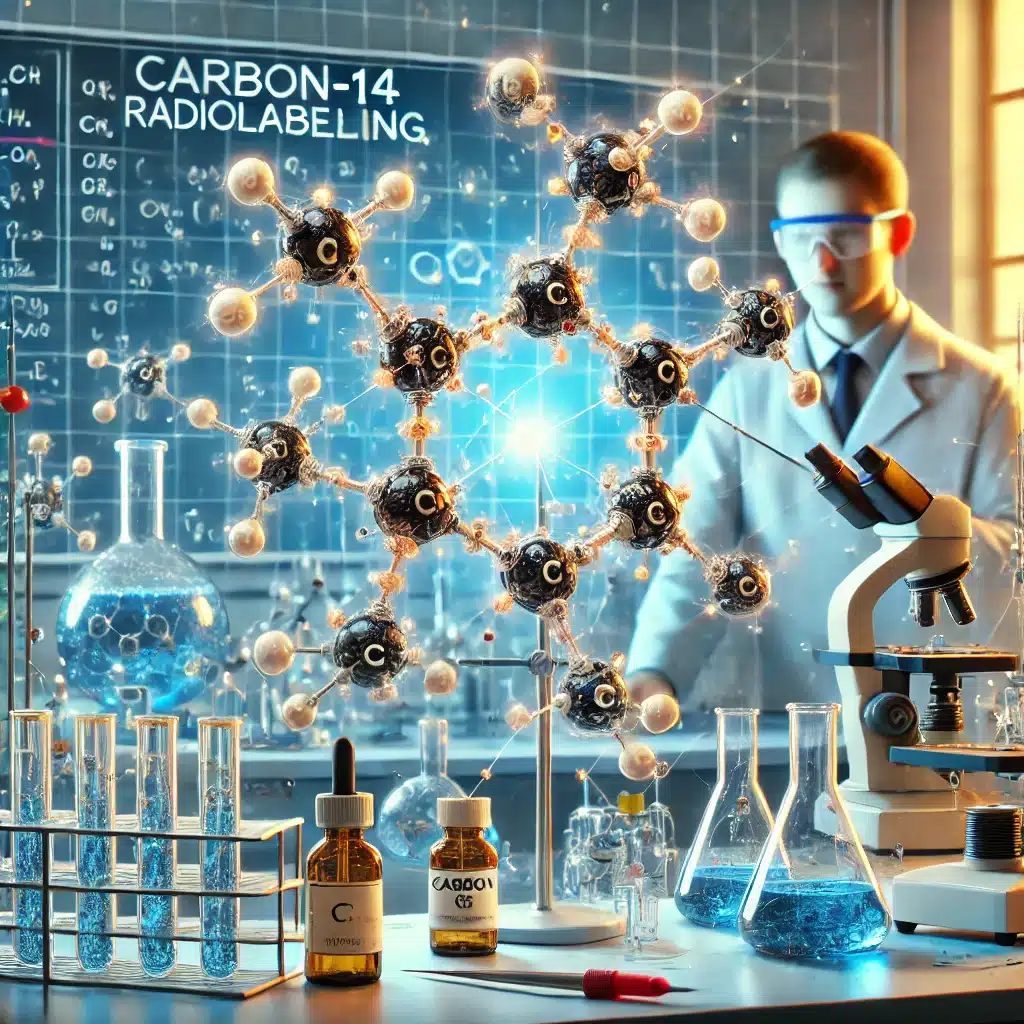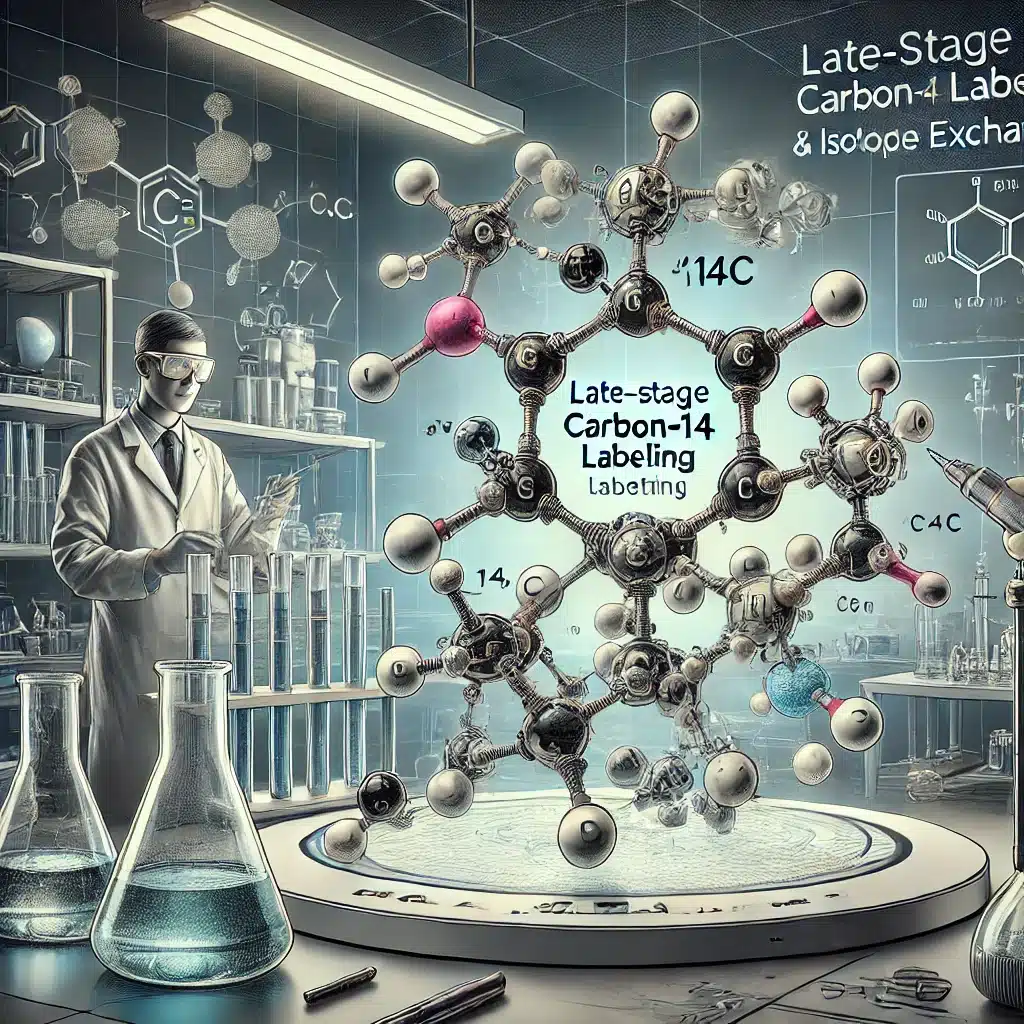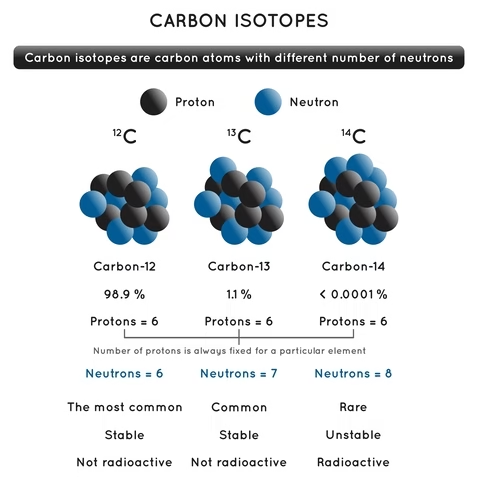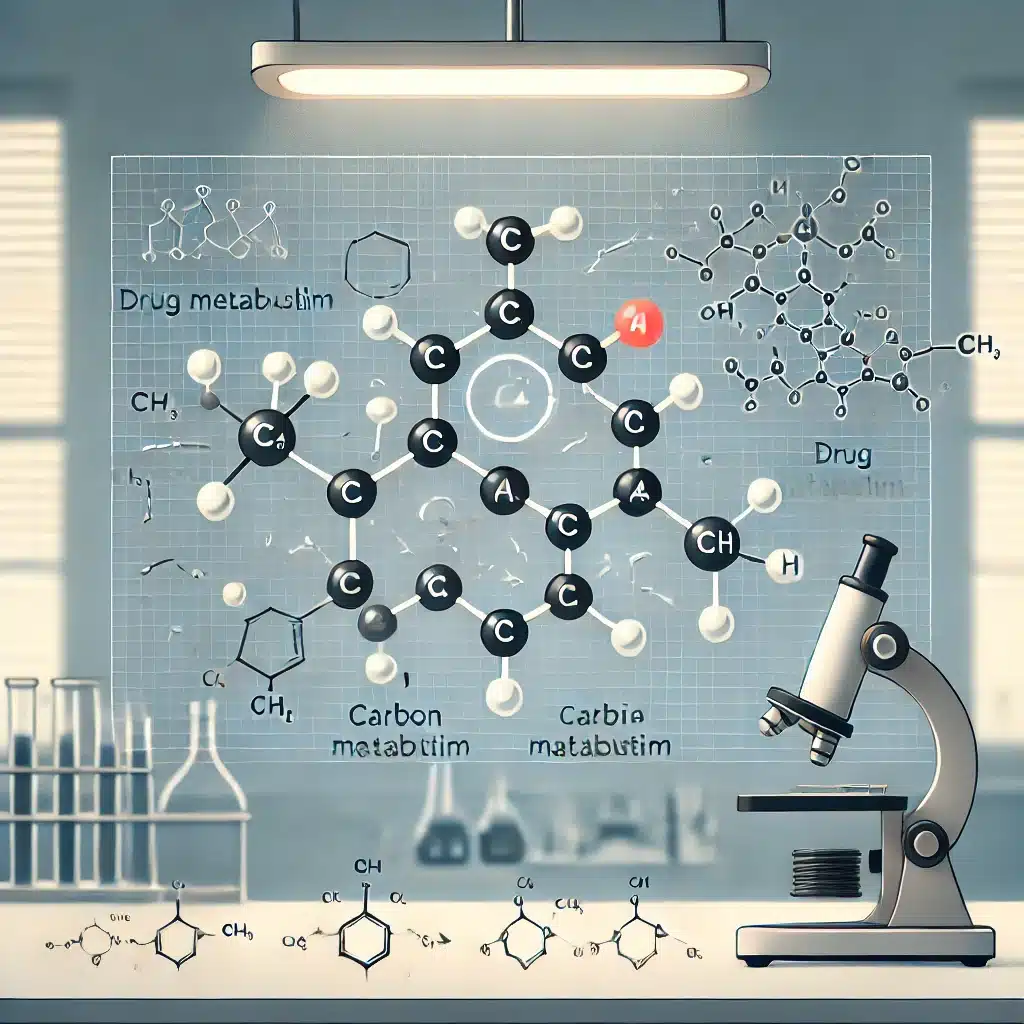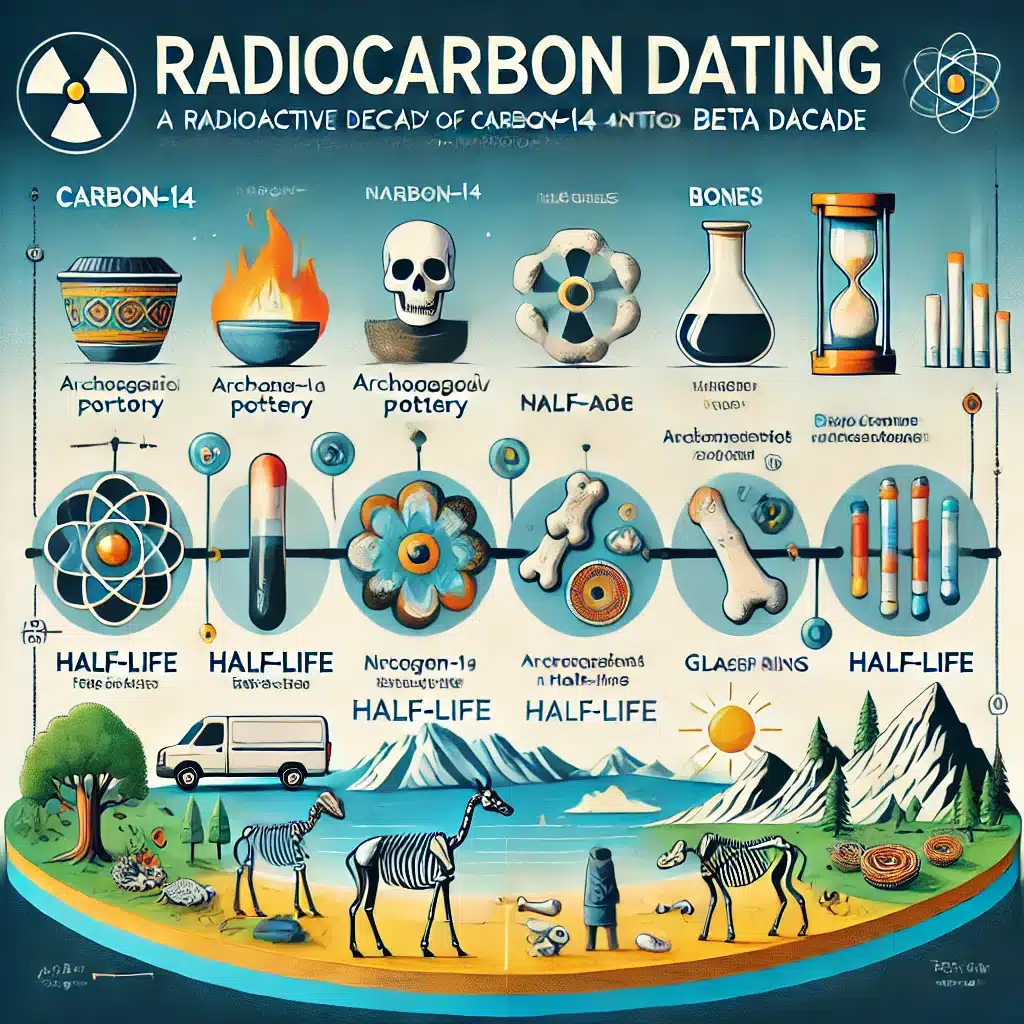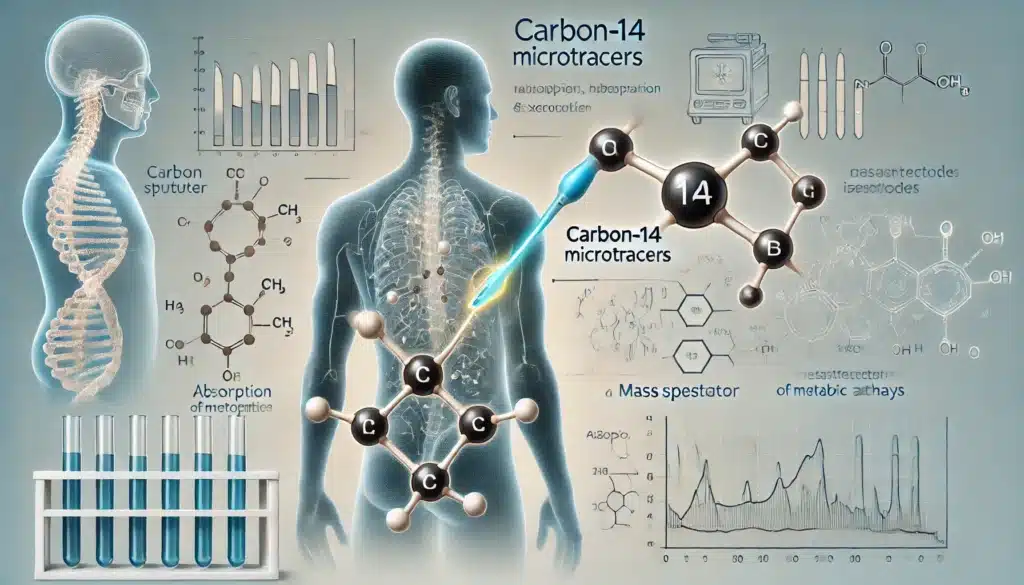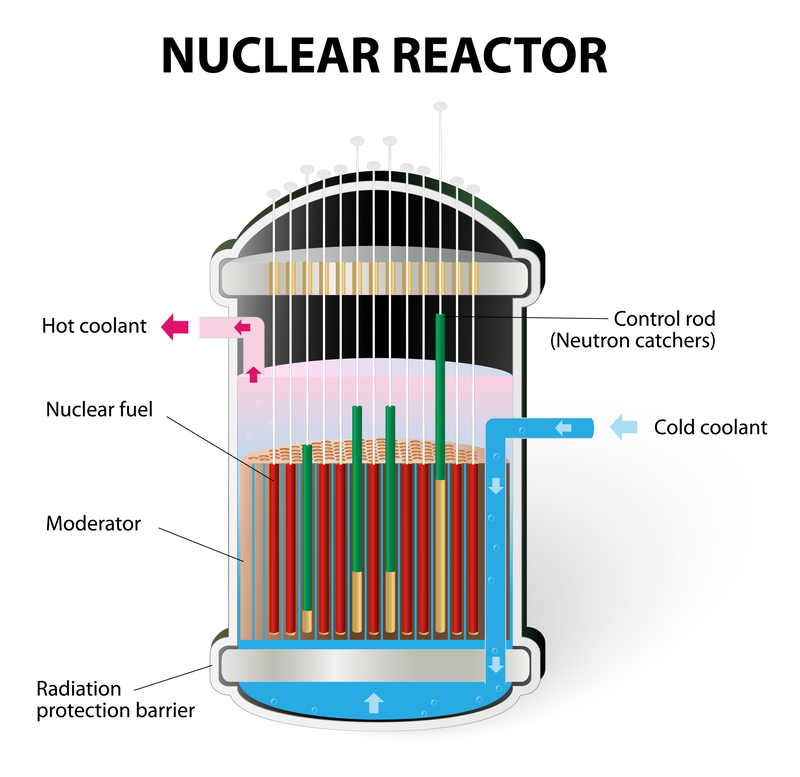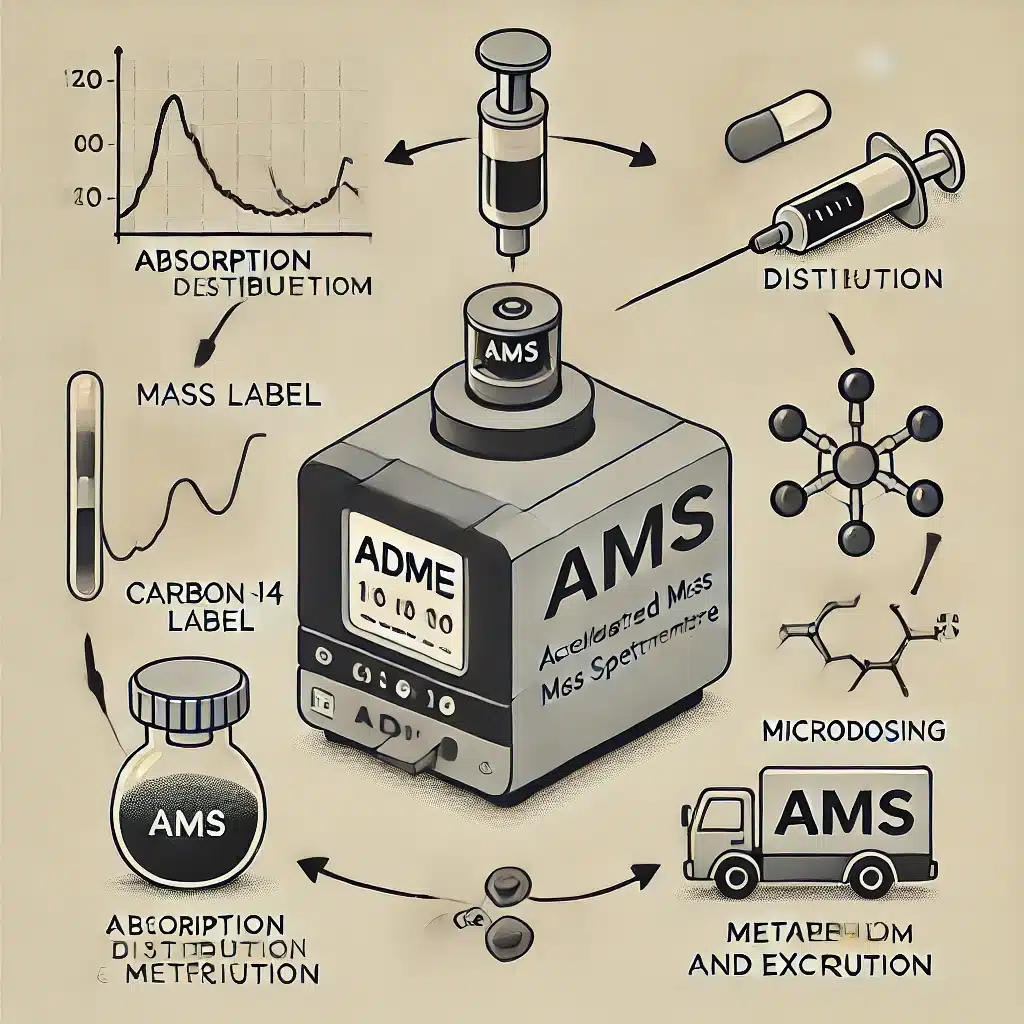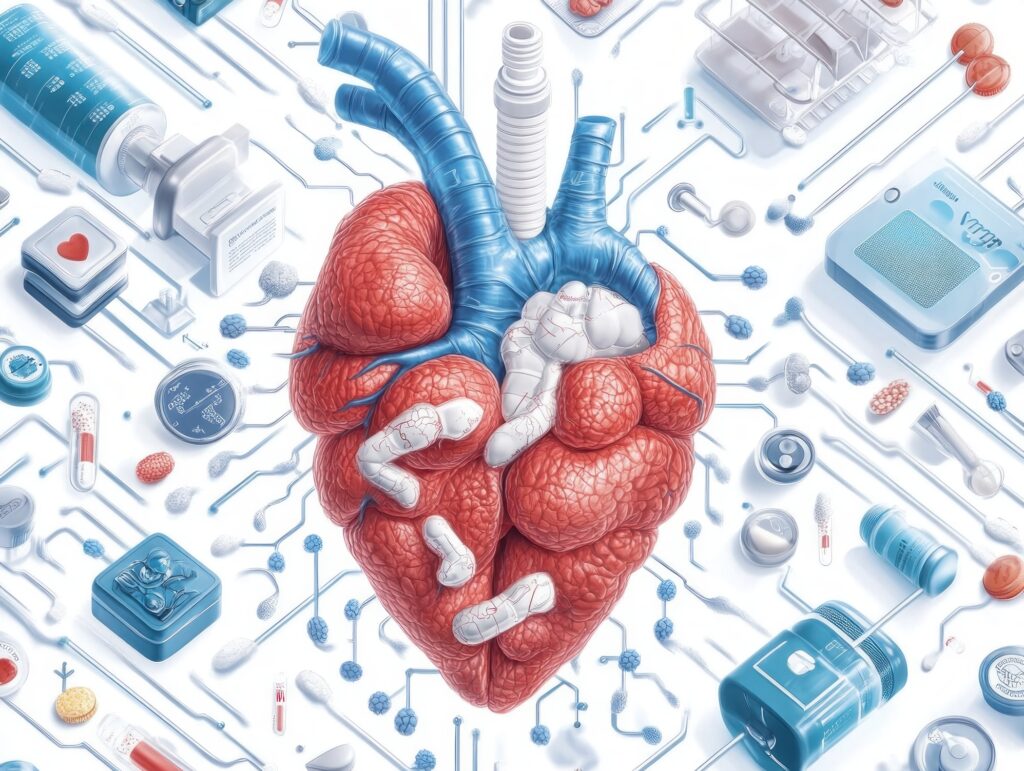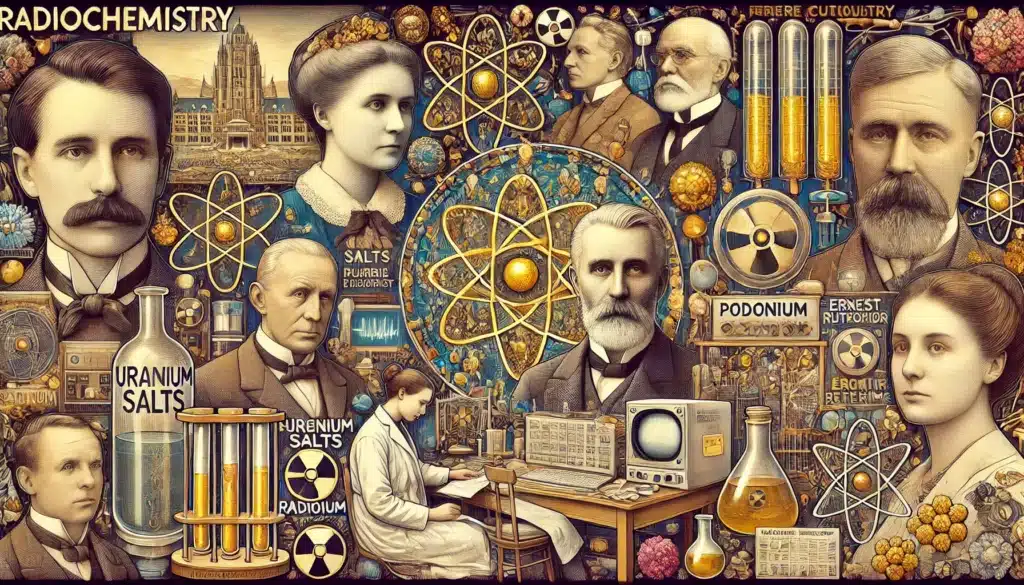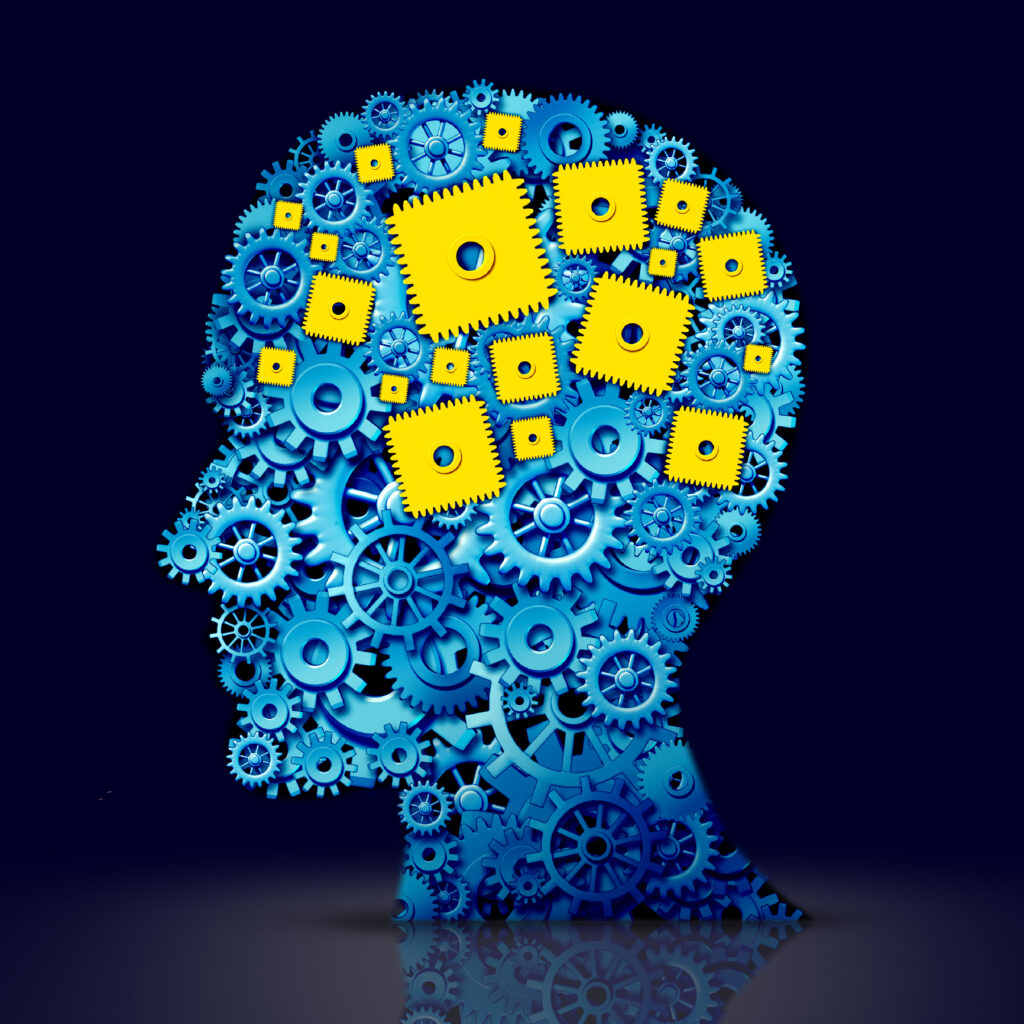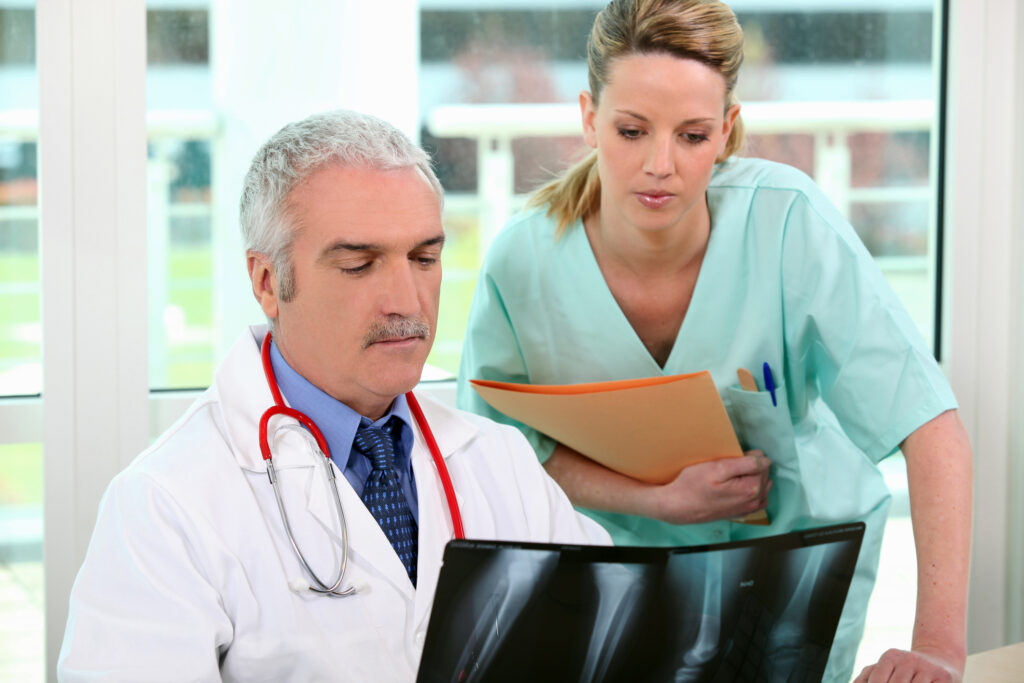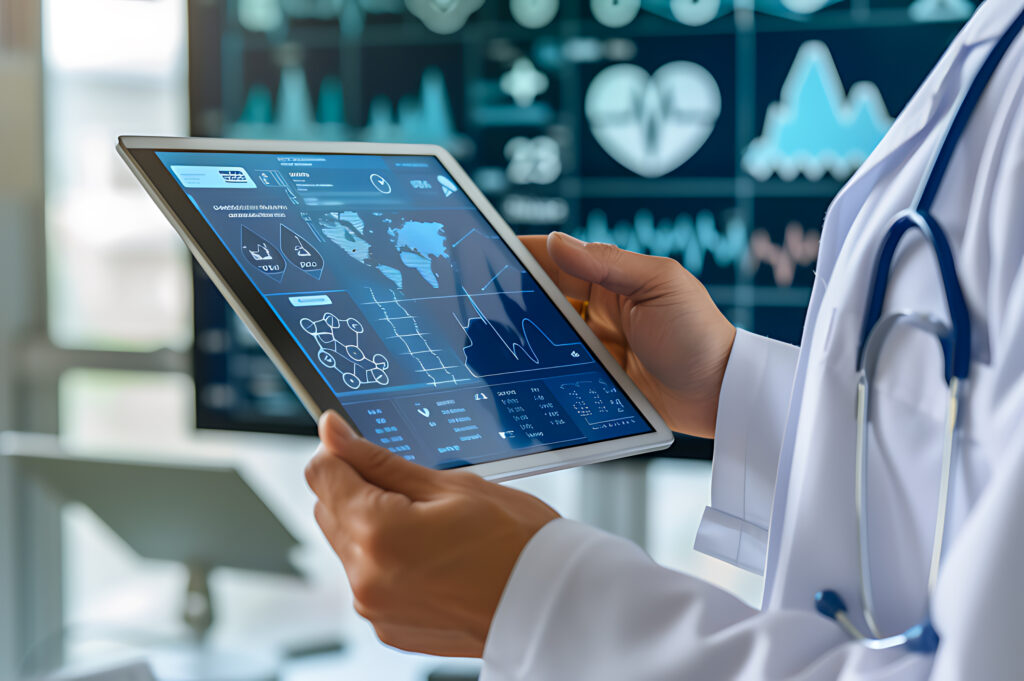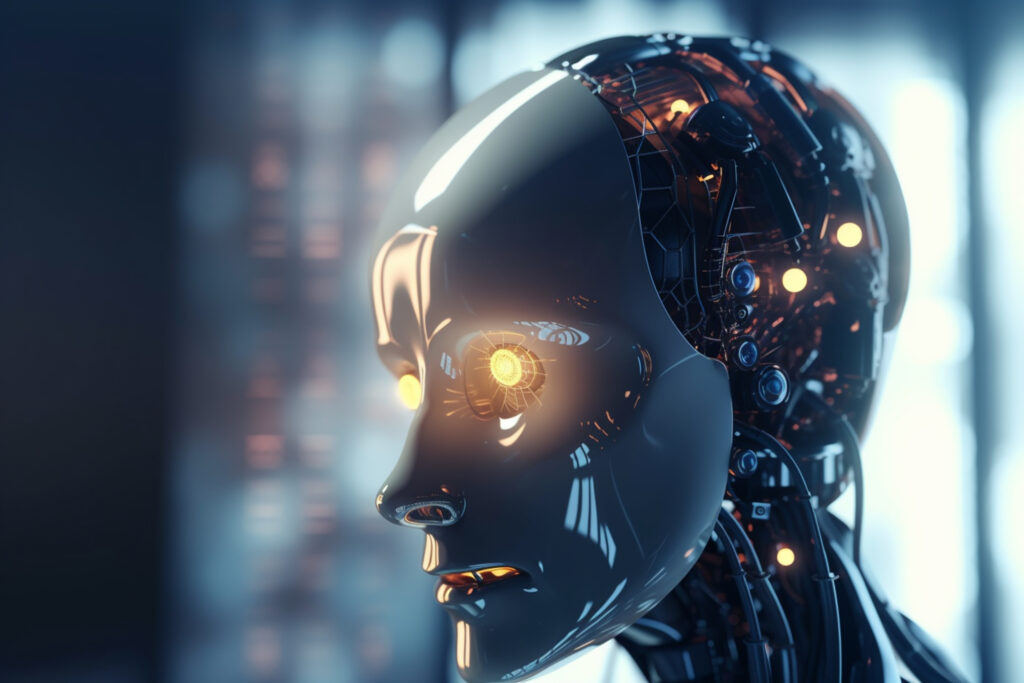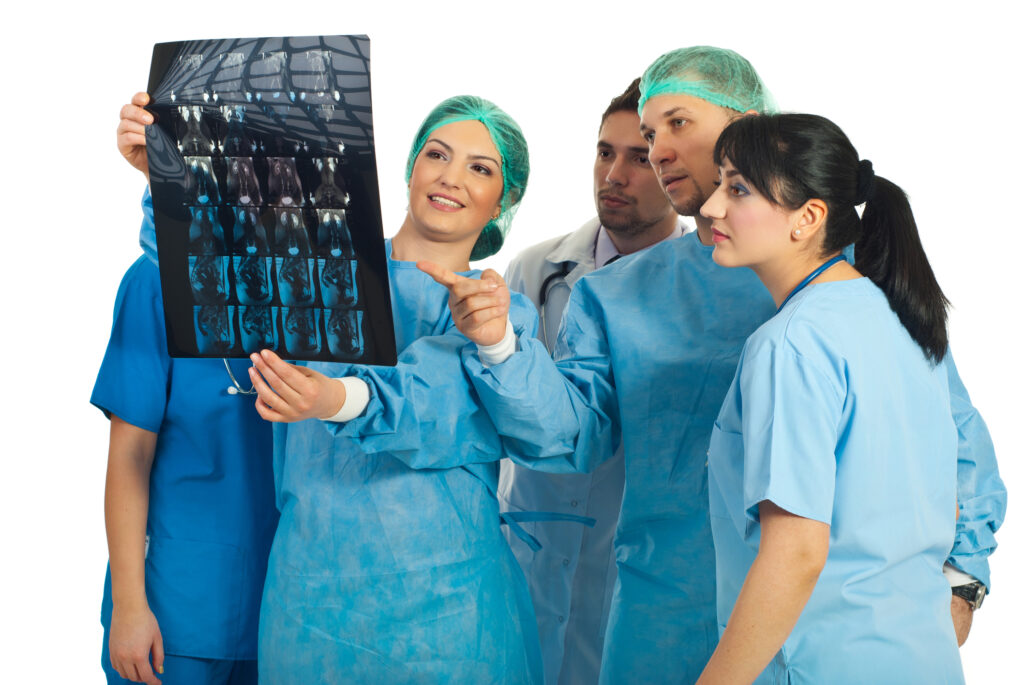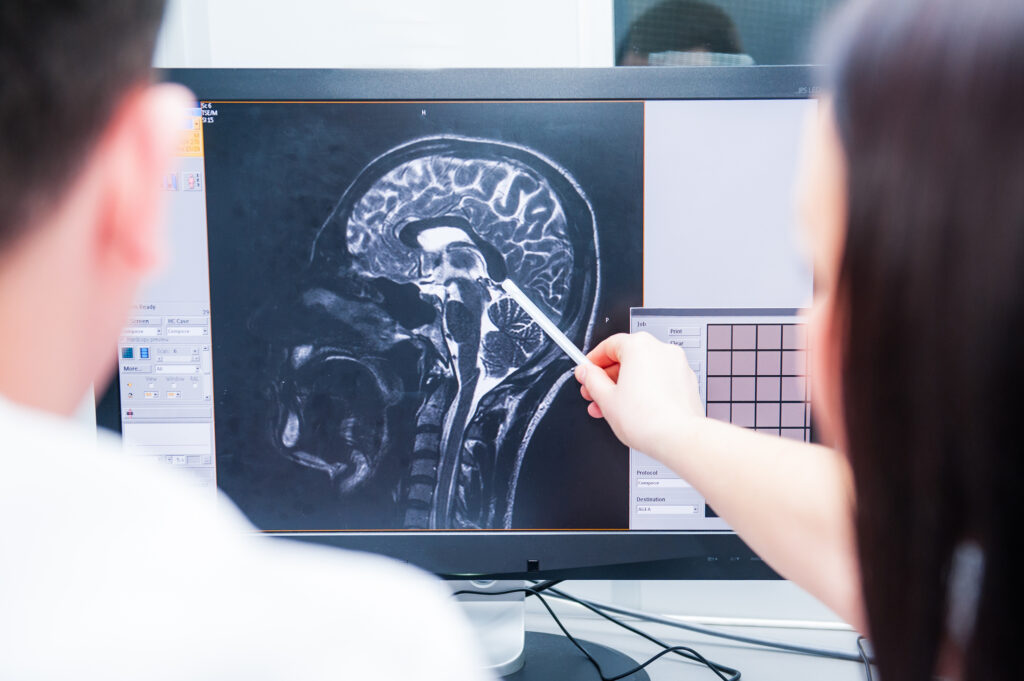Education
Studying radiography and medical technology provides an essential foundation for careers in modern healthcare, focusing on imaging techniques, diagnostic procedures, and the use of advanced medical equipment.
This educational pathway equips students with the necessary skills to operate and manage cutting-edge devices such as X-ray machines, CT scanners, and MRI devices. Aspiring professionals learn through a combination of theoretical coursework and practical, hands-on training, which is critical in developing the competency required to execute complex imaging tasks effectively and safely.
Common career paths for graduates in this field include roles as radiographers, medical imaging specialists, and healthcare administrators. Each role plays a pivotal part in the diagnostic process, contributing to the detection, diagnosis, and treatment of various health conditions.
Radiographers often work directly with patients, preparing them for scans and ensuring that high-quality images are captured for analysis. Medical imaging specialists delve deeper into interpreting these images, working closely with other healthcare professionals to provide accurate diagnoses.
Additionally, the sector offers numerous opportunities for specialisation. Professionals can choose to focus on areas like mammography, where they use specific imaging technology to detect breast cancer, or nuclear medicine, which involves the use of radioactive materials to study bodily functions and to treat certain diseases. Another advanced area is cardiovascular imaging, which is essential for diagnosing and treating heart-related ailments.
Due to rapid technological advancements, the radiography and medical technology field is continuously evolving. As new techniques and equipment are developed, professionals must stay abreast of these changes to enhance diagnostic accuracy and improve patient care outcomes. Therefore, continuous professional development and lifelong learning are integral aspects of a career in this field, often requiring practitioners to undertake further studies and specialist training.
Moreover, the integration of digital technology in medical imaging, such as the use of artificial intelligence (AI) to analyse images, is setting new standards in diagnostic practices. Professionals in this domain are at the forefront of adopting and integrating these innovative solutions, underscoring their critical role in a healthcare setting that increasingly relies on technology to enhance operational efficiency and patient care.
Thus, a career in radiography and medical technology offers diverse opportunities and the chance to be at the cutting edge of medical science.
You are here:
home » careers


